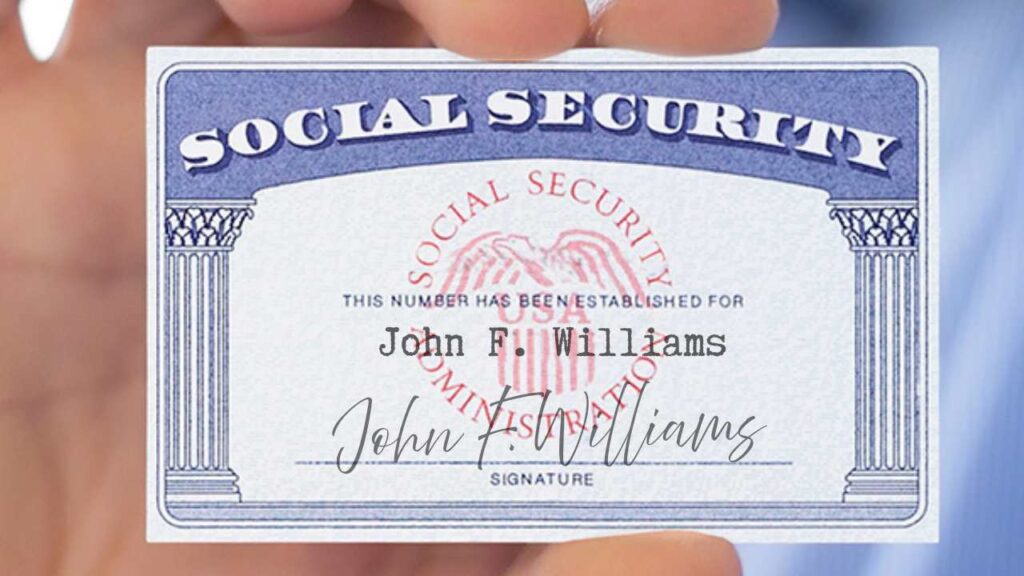Starting this week, millions of Americans who rely on Social Security and Veterans Affairs (VA) benefits will experience a historic shift in how they receive their money. The paper checks that many once expected in their mailboxes are being phased out, as the federal government moves almost entirely to digital payments.
The change follows an executive order signed earlier this year, aimed at modernizing how funds move in and out of federal accounts. Officials argue the move will make payments faster, more secure, and less costly, while reducing risks tied to traditional paper methods. Studies cited by the Treasury show that paper checks are up to 16 times more likely to be lost, stolen, or altered compared to digital transfers.
This transition covers nearly all federal disbursements — from Social Security and VA benefits to tax refunds, vendor payments, and inter-agency transactions. In practice, it means digital deposits, prepaid cards, mobile wallets, and real-time payment systems will replace paper checks in most cases.
What This Means for Beneficiaries and Taxpayers
For Social Security and VA recipients still using paper checks, action is required. Beneficiaries will need to update their banking details to receive direct deposits or opt into other digital payment options. This can be done online, by phone, or directly through their banks, which can share account information with federal agencies on their behalf.
There will be limited exceptions. Individuals without access to banking services, emergency disbursements, or cases where paper payments are deemed necessary by the Treasury may continue to receive checks. Notably, fewer than one percent of Social Security beneficiaries were still receiving paper checks before this order took effect.
The move will also affect taxpayers. The executive order extends to federal receipts, meaning traditional methods of mailing cash or checks to pay taxes are being phased out. The IRS has already announced it will begin moving away from paper refund checks, though taxpayers are advised to continue filing as usual until new procedures are fully implemented.
